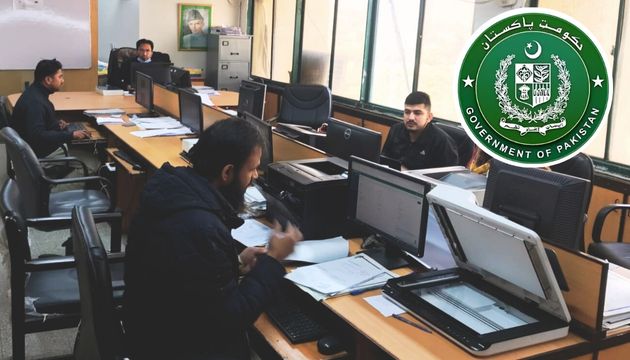ISLAMABAD: While discussions are ongoing about raising the retirement age for select positions, the federal government is also considering lowering the average superannuation age by five years to 55 to reduce the long-term pension bill.
According to a private newspaper report, this is among the proposals suggested by an international lender and is currently under consideration by the government as part of broader pension reforms.
Interestingly, the finance ministry last year proposed raising the superannuation age by two years to 62 to temporarily delay payments related to retirement benefits, but the establishment division opposed the move.
Currently, pensions for government servants are calculated based on the last drawn basic salary at the age of 60 and, in some cases, capped at a maximum of 30 years of service.
ALSO READ
Punjab announces crackdown on single-use plastics starting Dec 10
At a meeting last week chaired by Finance Minister Muhammad Aurangzeb, the Economic Coordination Committee (ECC) of the cabinet voiced concern over delays in implementing its May 27 and June 13 directives regarding amendments to the pension scheme, the future roadmap, and the Pay & Pension Committee’s report.
The decision has not been implemented yet, and the meeting was informed that it would require more time due to the need for detailed consultations with multiple stakeholders.
Reducing the retirement age by five years could lower pension payouts, decreasing the pension liability expense by an estimated Rs50 billion annually if applied universally.
Considering the initial rise in expenditure due to early severance packages, the government is likely to opt for phased implementation. This approach could also enable experienced and skilled public sector employees to transition to the private sector.
ALSO READ
Sindh police to launch “data bank” for stolen vehicle records
Currently, the federal pension bill exceeds Rs1 trillion, comprising approximately Rs260 billion for civilians and about Rs750 billion for the armed forces. To curb the rising annual pension bill, the government recently introduced a contributory pension scheme for all future government employees.
The government is evaluating the legal and financial implications of implementing such a scheme for federal employees and its potential adoption by provincial governments. Meanwhile, it plans to urge public sector corporations, regulatory authorities, and professional councils to lower the retirement age for their employees.
The federal government will not be responsible for paying retirement benefits or severance packages, as applicable. These agencies will manage their financial needs from their own resources or through external innovative options.
A media report stated that the finance ministry mentioned a leading multilateral had suggested that reducing the retirement age by five years could positively impact the pension budget. Potential benefits include a reduced pension liability and savings on pension payments.
With a lower retirement age, the government would need to pay pensions for a shorter duration, potentially reducing the overall pension liability in the long term. Additionally, by retiring employees earlier, the government would save on pension payments as the number of years pensions are paid out could decrease.











